UF Health is proud to offer nationally recognized, compassionate and personalized obstetrics and gynecology care for every phase of life, according to U.S. News & World Report 2023-24 Best Hospital rankings.

Update your location to show providers, locations, and services closest to you.

UF Health is proud to offer nationally recognized, compassionate and personalized obstetrics and gynecology care for every phase of life, according to U.S. News & World Report 2023-24 Best Hospital rankings.

UF Health Shands Children’s Hospital is committed to providing high quality, compassionate, leading-edge care for children and families. As a leader in care, UF Health Shands Children’s Hospital is honored to be recognized as a nationally ranked hospital in four pediatric specialties: diabetes & endocrinology (10th), pulmonology & lung surgery (24th), cardiology and heart surgery (26th), neonatology (35th).

Our services include advanced fetal monitoring, prenatal testing, ultrasounds, genetic counseling, and access to the latest treatments and therapies. We use state-of-the-art technology to diagnose and manage a range of maternal and fetal conditions, including diabetes, hypertension, fetal growth restriction and multiple pregnancies, among others.
Our team is committed to working with you every step of the way to ensure a healthy pregnancy and safe delivery. We take a family-centered approach to care, recognizing that the wellbeing of both mother and baby is essential to the overall health of the family.
At UF Health, we believe in educating and empowering our patients to make informed decisions about their health and their baby's health. We strive to create a welcoming and comfortable environment for our patients, where they can feel supported and cared for throughout their pregnancy journey.
If you have a high-risk pregnancy, or if you're looking for comprehensive care during your pregnancy, we're here to help. Contact us today to schedule an appointment with our experienced team of specialists. Let us guide you on your journey to a healthy and happy pregnancy.
The list below outlines many of the accomplishments achieved by multidisciplinary departments covering Obstetrics and Gynecology, Pediatrics, Neonatology and Pediatric Surgery among other disciplines.
The Maternal Fetal Care Program provides treatments for an array of conditions—from congenital heart disease and diabetes to perinatal infections and psychiatry, among many others.




























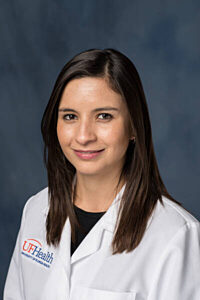









Please click on the links below to learn more about our specialties and programs and to view comprehensive lists of conditions and treatments covered by our multidisciplinary teams.
Maternal fetal medicine (MFM), also known as perinatology, is a subspecialty of obstetrics and gynecology that focuses on the management of high-risk pregnancies. MFM specialists are obstetricians with additional training and experience in managing complex pregnancies that may pose a risk to the health of the mother or the fetus.
MFM specialists work closely with other healthcare providers, including obstetricians, neonatologists, and genetic counselors, to provide comprehensive care for high-risk pregnancies. They use advanced diagnostic tools and techniques to monitor the health and development of both the mother and the fetus throughout the pregnancy, and they develop personalized management plans to optimize the outcome for both.
Once a high-risk pregnancy has been identified, the MFM specialist will work closely with the patient to develop a personalized management plan. This plan may include a combination of medication, lifestyle modifications, and specialized monitoring throughout the pregnancy. MFM specialists may also coordinate care with other specialists, such as neonatologists, to ensure a smooth transition to the neonatal intensive care unit (NICU) in the event that the baby requires specialized care after delivery.
High-risk pregnancy, also known as a complicated pregnancy, refers to a pregnancy that poses a higher risk of complications for the mother and/or the fetus. These pregnancies require careful monitoring and management to ensure the best possible outcome for both the mother and the baby.
There are many factors that can contribute to a pregnancy being considered high-risk, including maternal age (being younger than 17 or older than 35), pre-existing medical conditions (such as diabetes, hypertension, or heart disease), a history of previous pregnancy complications, multiple pregnancies (such as twins or triplets), and certain lifestyle factors (such as smoking, alcohol use, or drug use).
High-risk pregnancies require close monitoring and management by a team of healthcare providers, which may include obstetricians, maternal-fetal medicine specialists and neonatologists. These providers collaborate to identify potential complications early and develop a plan of care to address them. It is important for women with high-risk pregnancies to work closely with their healthcare providers to ensure the best possible outcome for themselves and their babies. With proper management and care, many high-risk pregnancies result in the delivery of healthy babies.
Common complications associated with high-risk pregnancies include preeclampsia, gestational diabetes, preterm labor, placenta previa, placental abruption, and fetal growth restriction. Women with high-risk pregnancies may require more frequent prenatal visits, specialized testing (such as ultrasounds, fetal monitoring, or amniocentesis), and closer observation during labor and delivery.
Depending on the specific circumstances of the high-risk pregnancy, healthcare providers may recommend interventions such as bed rest, medication, or early delivery via induction or cesarean section. In some cases, high-risk pregnancies may require delivery at a hospital with specialized facilities to manage potential complications.
Phone number:
(877) 543-7783Address:
1549 Gale Lemerand Drive


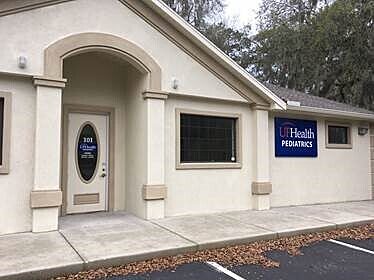
Phone number:
(352) 627-9326Address:
1549 Gale Lemerand Drive

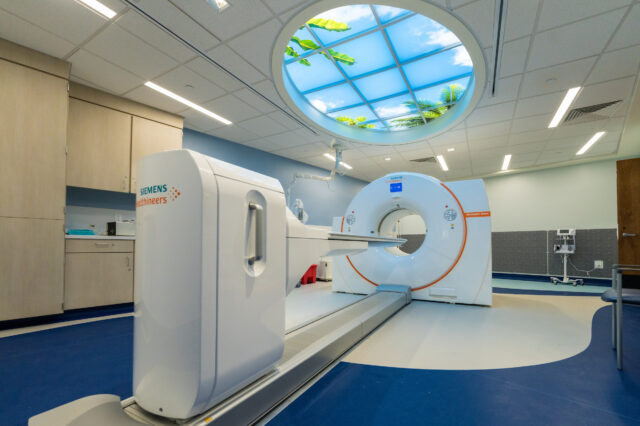




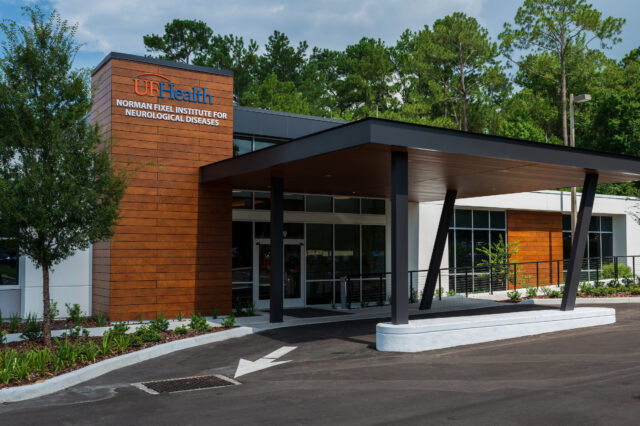


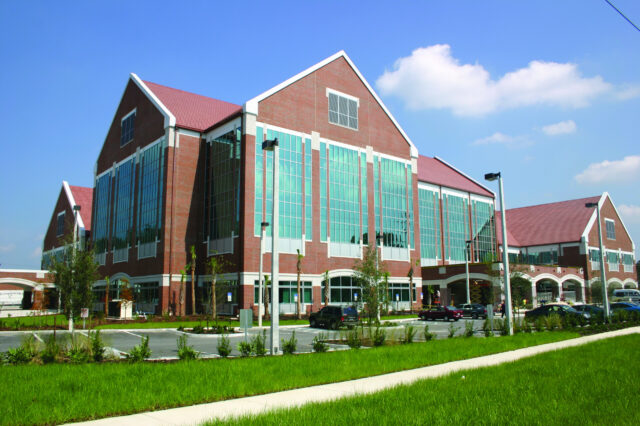




Phone number:
(352) 273-9350Address:
1549 Gale Lemerand Drive



Phone number:
(352) 273-6990Address:
755 State Road 47

Phone number:
(352) 265-8250Address:
1549 Gale Lemerand Drive

Address:
5153 North 9th Avenue
Phone number:
(352) 265-8240Address:
1549 Gale Lemerand Drive Second Floor


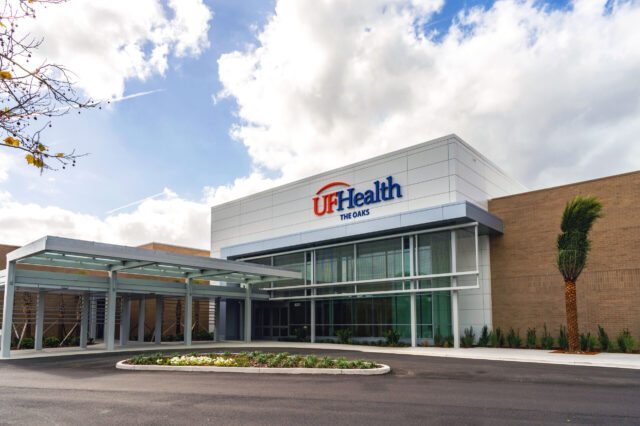
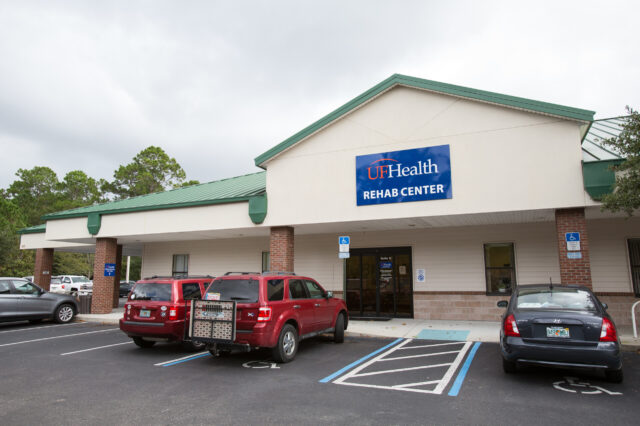


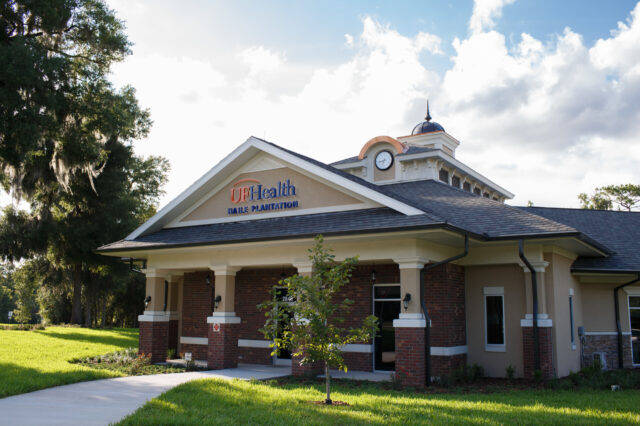
Phone number:
(352) 265-8200Address:
1549 Gale Lemerand Drive

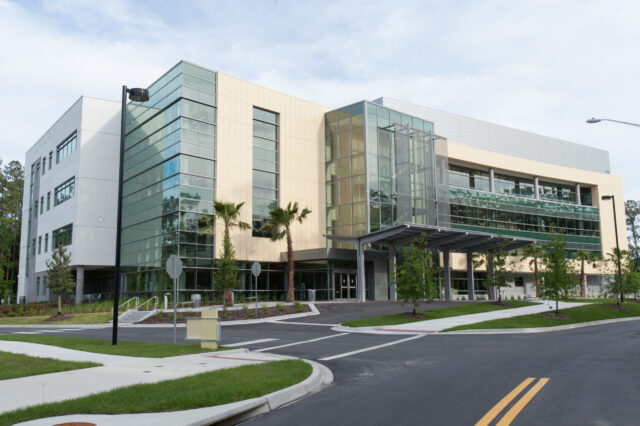

Phone number:
(352) 265-8240Address:
1549 Gale Lemerand Drive
